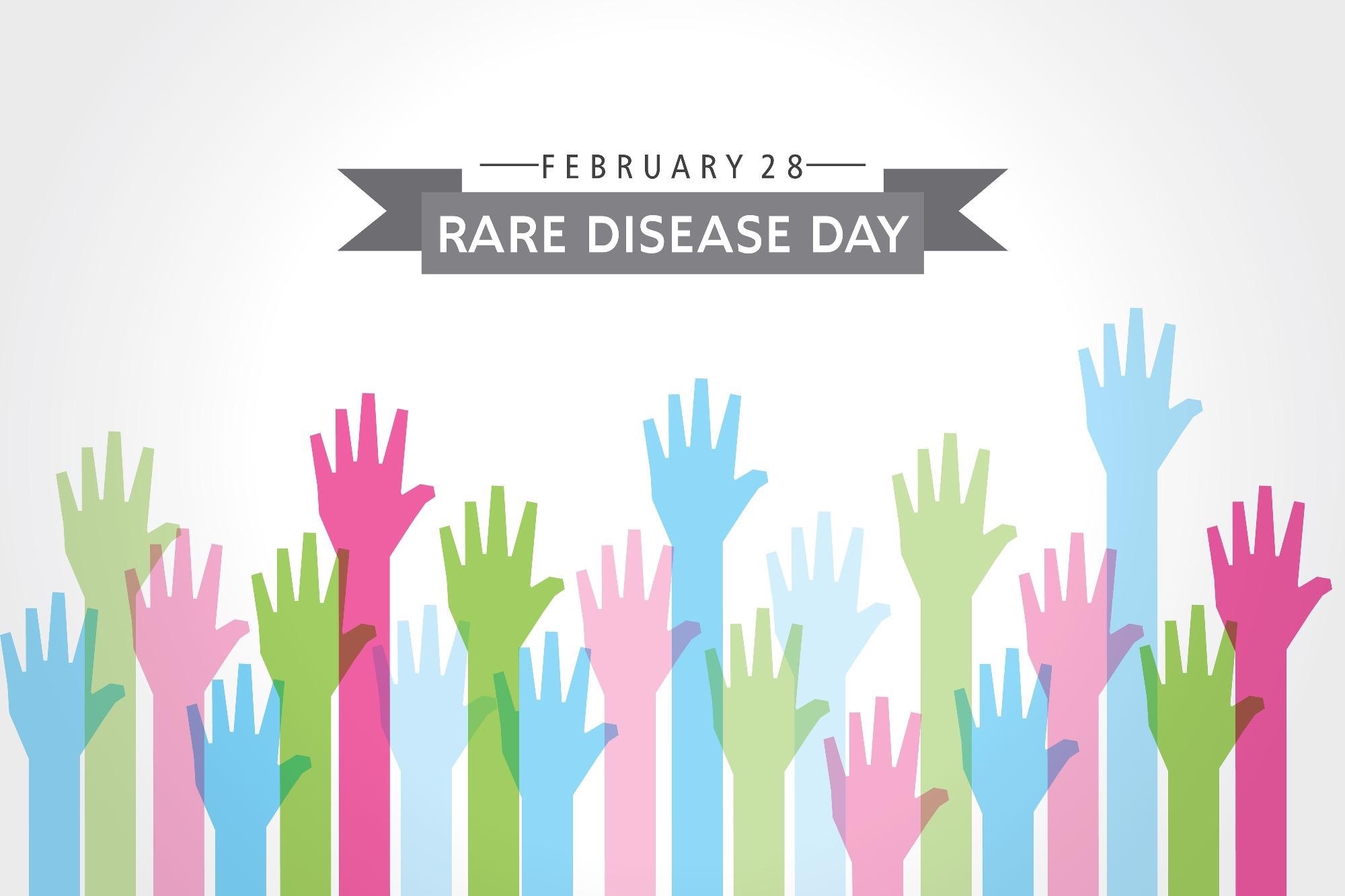According to Global Genes, around 7,000 rare diseases affect approximately 350 million people worldwide. Millions of these people are still waiting and hoping for effective treatment. As the name suggests, rare diseases only affect a small fraction of the global population, for instance, in Europe individuals with rare diseases occur in the ratio of 1 in 2,000 people.
In the United States, around 30 million people are suffering from rare diseases. Therefore, the combined effect of rare diseases is significant. Scientists have emphasized that research into rare diseases not only benefits this small population of patients but individuals suffering from multiple other diseases.

Image Credit: graphicsdunia4you/Shutterstock.com
Rare diseases are often called orphan diseases as the neglected by drug companies. Scientists face many difficulties in conducting research into rare diseases, which include a lack of long-term funds. Further, recruiting a substantial number of patients with similar disorders is challenging and, typically, the life span of people with genetic disorders is short. However, research into rare diseases offers new perspectives which have been beneficial for many common diseases.
Importance of Research into Rare Disease
The importance of research into rare diseases can be explained by the following incident. In 1970, two scientists, namely, Dr. Michael Brown and Dr. Joseph Goldstein, from the University of Texas Southwestern, conducted research on familial hypercholesterolemia, a rare metabolic disorder. Individuals with this disease presented many intriguing symptoms including very high levels of cholesterol in the blood. Owing to the high level of cholesterols, patients suffered heart attacks at a young age. During this study, scientists discovered that cholesterol was regulated through the LDL receptor, which earned them a Nobel Prize.
The Discovery of the whole pathway of cholesterol metabolism paved the foundation for developing many important drugs, such as statins, which are used for the treatment of high cholesterol conditions. This shows how research into rare diseases caused a revolution in the treatment of cardiovascular disease and resulted in saving millions of lives worldwide.
Identification of Genetic links
Many rare diseases are severe forms of common diseases. Scientists have pointed out that studies on rare diseases are incredibly important for identifying cellular and molecular pathways that are associated with the development of other diseases. The majority of rare diseases, i.e., around 80%, are caused due to genetic disorders. These genetic diseases occur due to mutations in a single gene. Hence, detailed research on the gene, the protein it encodes, and the function of the protein, provides scientists the knowledge of molecular pathways that control the biology of our cells.
This knowledge would also help understand the normal biological processes like metabolism, and cell growth, which are important aspects of cancer development and aging. Likewise, common diseases might also share many genetic pathways of rare diseases, and identification of which would lead to the discovery of new targets important for the development of drugs.
During the study on tuberous sclerosis complex (TSC), which is a rare disease that causes the formation of non-cancerous tumors in different parts of the body, scientists identified the faulty or overreactive genes responsible for the TSC condition. In normal conditions, these genes control a cell growth pathway. In this research, scientists were able to link the TSC protein to mTOR signaling, a key regulator of cell growth. This study helped the development of the mTOR-targeted drug named rapamycin for the treatment of TSC conditions. Interestingly, as the mTOR pathway is also activated in cancers patients, this drug could be used for cancer treatment as well.
Another rare disease called Hutchinson-Gilford progeria syndrome causes premature aging. Some of the symptoms of the disease are hair loss, wrinkled skin, hypertension, hardening of the arteries, and heart failure. Identification of the defective genes has provided insights into the aging process of the general population. This research has also recognized targets for the treatment of cardiovascular disease.

Image Credit: Kit8.net/Shutterstock.com
Increasing Awareness of Rare Diseases and Scientific Research
Increased activities of patient advocacy groups (PAGs) and the confluence of events have enhanced the general awareness about rare diseases. The general public is more cognizant about the fact that rare diseases represent a global public health problem, predominantly because the lack of funds limits extensive research. This leads to the scarcity of appropriate treatments, and a lengthy diagnostic odyssey.
Disease-specific PAGs have played an important role in assisting in patient recruitment for clinical trials, which has helped scientists tremendously. Renewal of interest in rare diseases has also indirectly facilitated enhancement in the research budget associated with rare diseases. Revitalization of interest of the pharmaceutical industries in rare diseases has led to discoveries of multiple innovative diagnostic kits for rare genetic disorders.
Many organizations have focused on rare diseases, such as the Therapeutics for Rare and Neglected Diseases (TRND) program. This program assists researchers in the development of therapeutics for rare and neglected diseases. Similarly, the National Center for Advancing Translational Sciences (NCATS) is also associated with the development of innovative methods and technologies to design diagnostics and therapeutics for wide-ranging human diseases and conditions.
Future Prospect
Scientists have stated that rare disease research has driven the discovery of many innovative gene and cell therapies. As stated above, there are more than 7000 rare diseases, but many are not yet linked to common diseases. Identification of cellular and molecular pathways of rare diseases would help prevent multiple common diseases.
Sources:
- Megget, K. (2022) How rare disease research benefits everyone. [Online] Available at: https://www.raconteur.net/healthcare/rare-disease-research-benefits/
- EU research on rare diseases. (2022). [Online] Available at: https://ec.europa.eu/info/research-and-innovation/research-area/health-research-and-innovation/rare-diseases_en
- Rubinstein, R.Y. et al. (2020) The case for open science: rare diseases, JAMIA Open. 3(3). pp. 472–486. https://doi.org/10.1093/jamiaopen/ooaa030
- Julkowska, D. et al. (2017) The importance of international collaboration for rare diseases research: a European perspective. Gene Therapy. 24, pp. 562–571. https://doi.org/10.1038/gt.2017.29
- Groft, S. C. (2013) Rare diseases research: expanding collaborative translational research opportunities. Chest. 144(1). pp. 16–23. https://doi.org/10.1378/chest.13-0606
Further Reading
Last Updated: Feb 15, 2022